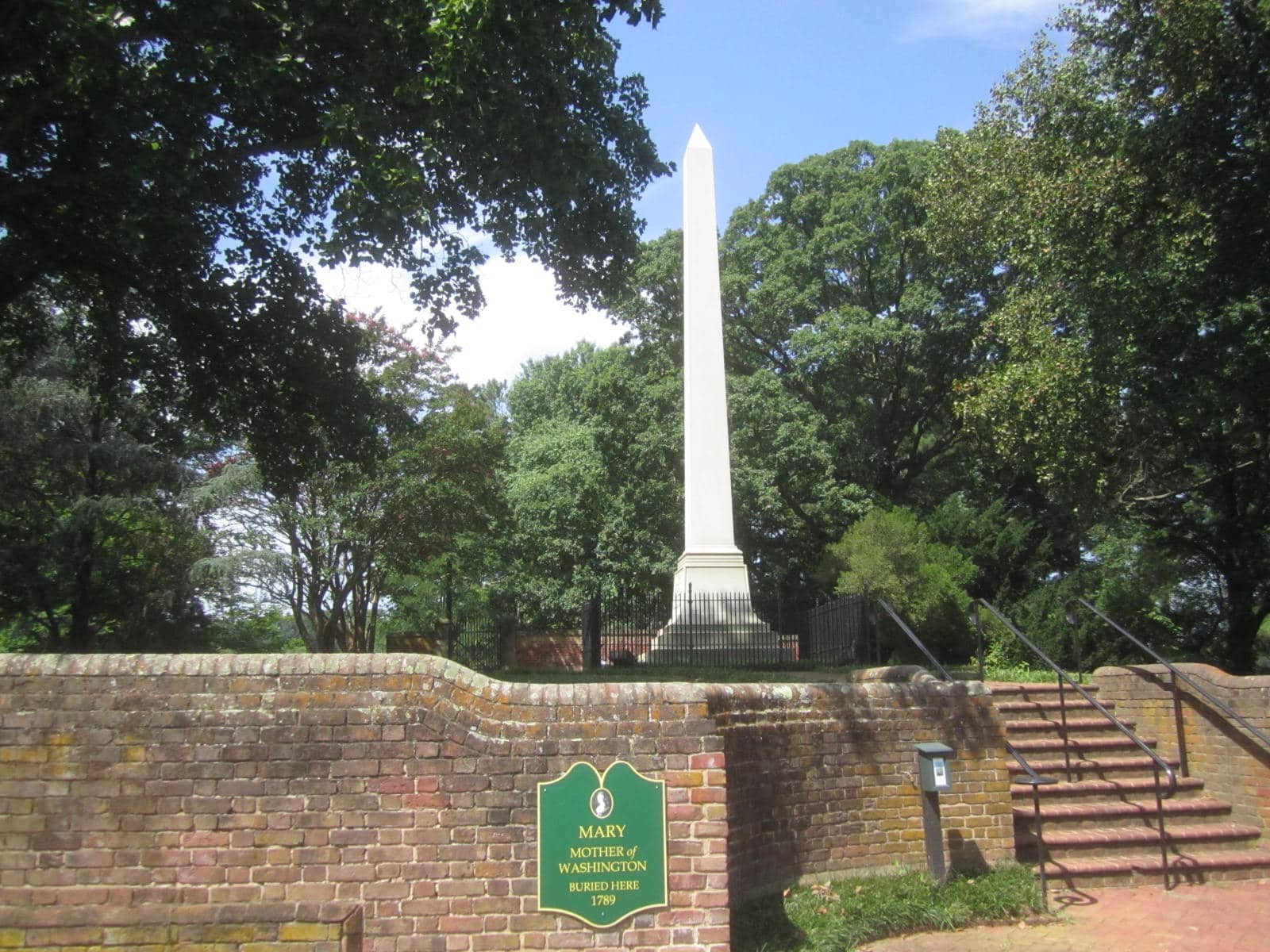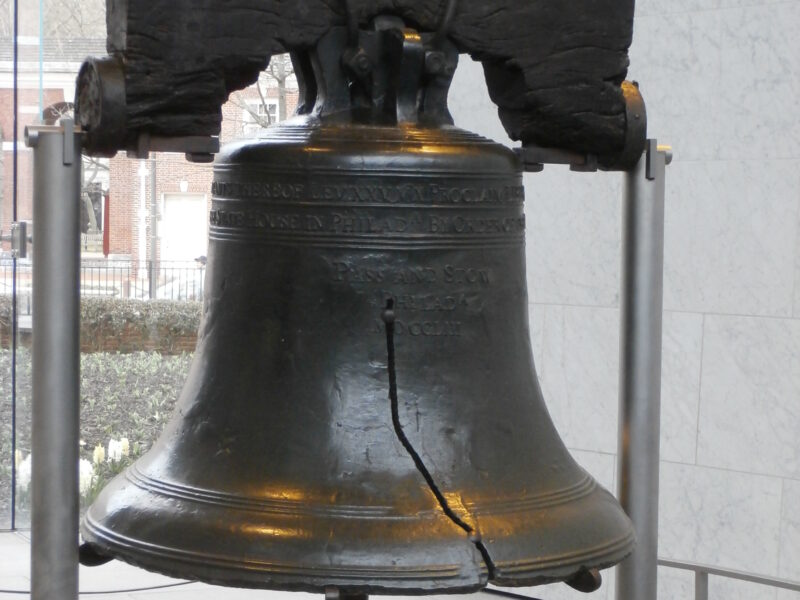The Tool
“That he may withdraw man from his purpose, and hide pride from man.” Job 33:17 KJV
Okay, I admit it. I’m sometimes what you might call your stereotypical guy. You know the type. If you walk into one of those large hardware stores, you will probably find one of us over in the tool department. Where most “normal” people would walk into the tool department, get their tool, then continue shopping, we get easily distracted by what is just a few feet over.
I’m not sure when I actually entered the Tool Loving Club, but since I’ve joined, I’ve been one of their most loyal members. I’m not exactly sure what it is that always keeps my interest about tools, but I have never been tempted to leave this club.
Sometimes when I pull out one of my tools that my wife has never seen before, she says, “I didn’t realize we had one of those.” It took many years of raking the yard before I let her know “we” had a leaf blower. I now think that may be her favorite of “our” tools.
When you are a regular tool user, you sometimes get tickled that people don’t know the name of certain tools. Other times it’s just annoying. If you are working on a project and someone wants to “help” you, their task may be to hand you the tools you need out of your bucket or toolbox. After a few rounds of “is this it?” you start to wonder if it is worth having the help.
What’s funny about some of the tools’ names is that they are sometimes called by a brand name rather than their proper name. In the plumbing field, one of the most used tools is called a channellock. The “proper name” is tongue and groove pliers. Channellock is a brand of tools. They make many different tools other than the one plumbers use a lot.
Very few plumbers are going to ask someone to hand them a tongue and groove plier before they use it. It sounds too prim and proper. It’s almost like you have to wash your hands before you use them.
This Presidential story involves a few things which you might consider tools. Or you might think it is strange that I picked such objects and called them tools. So, before we start we are going to have to understand what a tool is.
First, let’s describe the purpose of a tool. A tool is an instrument that is use to help perform a task. For instance, if you want to hear music, you might need either a musical instrument or a voice. But clapping your hands in a rhythm could also be considered music. So, using this example, a tool used to make music could be a trumpet, a piano, a voice, your hands, or even something as strange as a stick.
A couple of tools used in this Presidential story include: a shovel and a fist. When you hear the story you might not even notice that the tools are even there, but without those hidden objects, the story really couldn’t have taken place.
It is believed that this is the first time this has happened to a President while he served in office. In all my Presidential readings I can’t think of too many other times, if any, this has ever happened while someone else served as President.
Let’s start with a little background for this story. George Washington has pretty much always been a hero in America. Before we were even a country, he become very well-known as an up-and-coming British soldier. Then his fame skyrocketed once he became the rebellious general that set those same British in their place as we fought for our freedom and independence.
There really was no one else that perfectly fit into the job as the first President of the United States better than Washington did. By George, when someone thought of the perfect American, most would use George Washington as the example.
Well, that fame also rubbed off on someone else close to George Washington, his mother. Surprisingly, George, by most of the accounts I’ve read, was a little distant from his mother, Mary Ball Washington. He would visit his mother just after it was announced that he would become the first President of this new republic.
By most accounts, that reunion of Washington and his mother wasn’t a real pleasant one. One version has it that she leveled a lot of guilt on Washington by basically saying, “Oh, go ahead and go run this rebellious group and try to form a country. I’ll just be here dying and you will never see me again.” She would die almost four months after he took office. If that story is true, I’m sure George’s mind often replayed that conversation.
It was about ten years before George Washington died, that his mom died in Fredericksburg, Virginia. Shortly after her death, Congress passed a resolution to erect a monument in her honor. Like most things in Congress, it was a very slow process. The cornerstone for this monument was finally laid almost forty-four years after her death.
In a parallel story to this one, there was a man named Robert Randolph. Randolph was a member of the Navy, that is, until he was removed from that post by a President. That President almost didn’t win the Presidency because someone claimed that his wife wasn’t actually divorced from her first husband before she married him. If he hadn’t been elected he would have never become the star of our blog today.
If you wanted to get this President really mad, one of the surest ways to do it was to bring up that subject. When one of his cabinet member’s wife had a similar story, most of the other cabinet member’s wives shunned her in disgrace. This President became furious and demanded that these wives include her in their events. The whole thing became known as the Eaton affair, but that’s a blog for another day.
Somehow Randolph got financially involved in this situation as part of his job as purser aboard a Navy ship named the Constitution. Randolph replaced Mrs. Eaton’s first husband, John Timberlake, in that position when he died. Well, the books didn’t exactly line up and no one is exactly sure who was to blame, but since Timberlake was dead, Randolph got the blame.
The President fired Randolph. Let’s just say Randolph didn’t take his firing real well.
This is one of those strange stories that is in the Bible. In a way, it’s about the love of tools or maybe it is about the fear of losing a tool someone else has lent you. You know you are going to be in big trouble if you fail to return a tool that someone else really treasures.
I’ve probably lost many a tool in my day, but if someone would borrow one of my favorite tools, and lose it, or fail to return it, I’m probably going to carry that memory for a long, long time. It is in that spirit that I think this story happens.
Two of the hardest prophets for me to keep straight are Elijah and Elisha. I’m not sure whose job it was to make Bible stories flow easily, but with these two, I really get mixed up at times. It might help if their names weren’t so close together. Why couldn’t they have just been Elijah and Bob, or Franklin and Elisha?
In the Bible, transitions rarely run smoothly. Their transition was one of those rare Biblical ones that actually went very smoothly. When Elijah died, Elisha stepped right in without missing a beat. Elisha turned out to be just as effective a prophet as Elijah had been. Elisha never turned away from God’s purpose like many others, in other stories, did when they succeeded a true man of God.
Elisha was also one of those prophets that garnered a great deal of respect. Just like Elijah, Elisha was known to perform a miracle or two. So to be in Elisha’s presence must have been a great honor.
So, the “sons of the prophets” came to Elisha with a request to move “unto Jordan.” They sounded like they wanted new homes. So the tools they needed to build these homes were gathered together. They also took some beams, but it doesn’t sound like they took enough of them, for when they came to Jordan, they went about the task of cutting more beams.
I think my favorite tool is my router. There are few things that feel better than running a router down the edge of a board. With the machine buzzing in your hands, and the corner turning into a fine finish, excitement rushes through your veins. You can also “write” deeply on wood with another bit that fits into your router. No wood is ever the same once a router has touched it.
Amazing as tools are, that’s all they are, tools. They don’t think. They don’t imagine. They don’t see potential. They really don’t even realize what they are capable of doing. They just have one simple task: they “do.”
Tools, like a router, don’t judge the depth their bits need to be set. No, that’s left to the craftsman. A channellock doesn’t know how hard it needs to be squeezed or how much force is needed to turn whatever it is either tightening or loosening. Again, that’s all up to the craftsman.
A funny thing about tools is that they don’t laugh or question you when it looks like a project is all messed up. They just lay there in the bucket, or toolbox, until the next time the craftsman calls on them to be used. The project is the craftsman’s, not theirs. They are just there for the craftsman to use as he wishes. It is not their job to judge or question. Doing is their purpose.
The ceremony was all planned for the laying of the cornerstone for the new monument to honor Mary Washington, George Washington’s mother. The stone was there to lay and the shovel stood ready to use. President Andrew Jackson was asked to come do the honors. He gladly agreed.
On Monday, May 6, 1833, President Andrew Jackson boarded a steamboat for the excursion to Fredericksburg to attend the Mary Washington Monument cornerstone laying ceremony. Everyone was cheerful and excited. Jackson’s nephew, Andrew Donelson, who was very fond and protective of his uncle, was there, too. What no one noticed, though, was that Richard Randolph had slipped onboard.
When Randolph saw his opportunity, he lunged at President Jackson and attacked him. Everyone was shocked. Young Andrew Donelson sprung into action. He pulled the would-be assassin off his uncle. Many believe Donelson might have killed Randolph if someone had not pulled him off of him. President Jackson, with his blooded face, just stood there in disbelief.
Jackson would continue on his way. The shovel would get used. Jackson would lay the cornerstone and the ceremony would go on.
One of the unnamed fellows, let’s just call him Fred, in our Bible story, must have forgotten or lost his axe. So Fred borrowed one from his neighbor. Since the great prophet Elisha was nearby, Fred decided to go to town on a tree he found. With muscles bulging, Fred swung and swung the axe in an impressive fashion.
Maybe Fred was just swinging too hard, or maybe he hit the handle just below the axe head, but whatever the case, the axe head went flying into the air. The next thing you hear is “SPLASH!” The axe head flew into the river. Since it was made of iron, it quickly sank to the bottom.
Fred was really distraught. How would he ever explain to his friend that his favorite axe’s head was laying in the bottom of a river? You just can’t replace another man’s favorite tool. So Fred’s spirit sank like the axe head in the bottom of the river.
Elisha, sensing Fred’s despair, cut a stick. Elisha then threw the stick in the water near where the axe head was last seen. Elisha then cries out, “Lift it out!” Amazingly, the axe head floated to the top of the water. Elisha then tells Fred to retrieve it. So Fred gets the axe head out of the water.
Strangely, that’s the end of the story. Randomly placed in 2 Kings, chapter 6, sits the story of the miracle of Elisha and the axe head. It’s just a story about how two tools, an axe head and a stick, can make a difference. They didn’t think. They didn’t imagine. They didn’t see potential. They really didn’t even realize what they are capable of doing. They just had one simple task: to “do.”
Ironically, the Mary Washington Monument would never be completed. The parts of it that were built just laid there for about sixty years before it was torn down. A new monument, which stands there today, was later built in its place. In 1894, another President, Grover Cleveland, would lay the cornerstone for that monument.
Tools play an important part in our daily lives. They are there to help make tasks happen. Their sole purpose is to do. I’ve never had a tool in my bucket say to me, “Are you sure you want to do it that way?” Unless its battery is dead, the tool just goes where I direct it, and does what I wish it to do. No questions. No comments. No second guessing. They just do.
Sometimes I think we get things mixed up. We ask God to use us. We want to be the tools He uses, but when He picks us up to be used, we question why He is using us that way. We think we know how to better accomplish the task than He does. We forget that He is the craftsman and we are just the tools. He sees the project better than we ever would.
Prayer: Dear Mighty Father, Please help me to faithfully be the tool You want to use out of Your toolbox. Let me not be a stubborn tool that talks back to you or questions why things are happening the way they are. You are the Craftsman, let me just be the tool. Amen.



